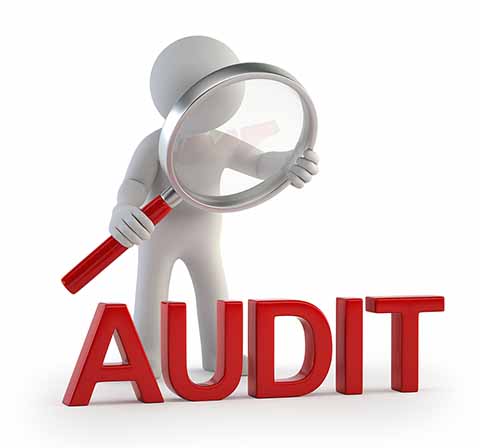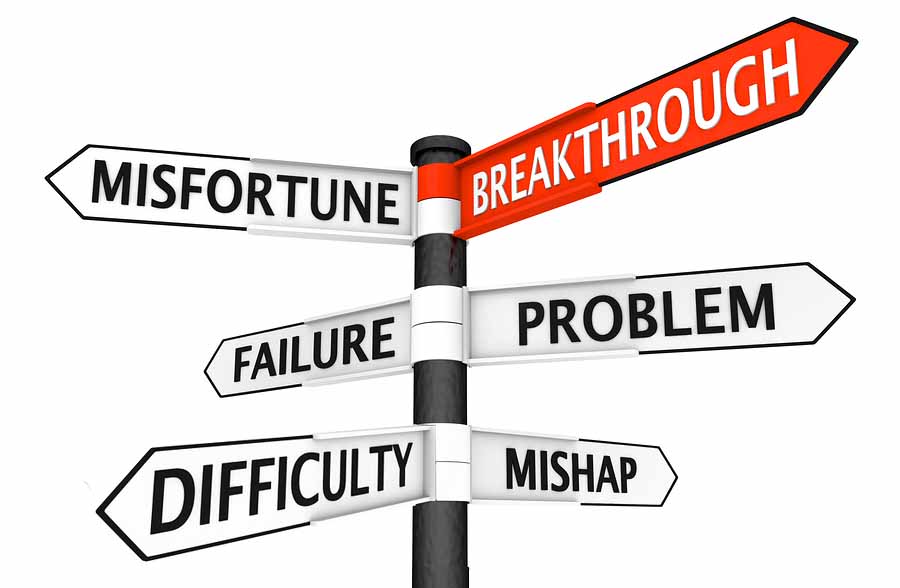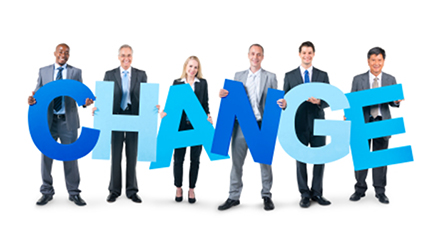We live in a world where meaning is attached to almost everything. But we don’t see we put the meaning out there and talk as if it is real! If we remove the meaning, what is left?
Category Archives: Blog
There’s a lot of gloom in the press about what looks increasingly like the re-emergence of the extreme right wing in politics, feeding, as always, on resentments within the population about the way the pie is shared. How terrifying that these resentments have had reason to grow to the point that people succumb to the temptations of deeply rooted evolutionary instincts towards xenophobia, racism, nationalism, protectionism.
The Empathy Instinct sets out that the ills sketched out above testify to an empathy deficit in society. The books explores how the lack of empathy has been at the root of most of the 20th century’s horrendous acts.
But it also sets out how we can change society and create the sort of world most people would choose to live in with a “Empathy Charter”. I recommend this book to anyone wanting to make a difference in the world.
Audits are standard in both personal and business finance, but in many ways, life audits are much more crucial. That’s because life audits evaluate well-being not just in one area but in basically everything. They can mean massive changes to relationships, work, activities, and even what you put on your plate. If you haven’t conducted your own life audit, these are some of the top questions you need to be asking yourself.
• What are my assets and liabilities (not just things but also personality traits, skills, habits, etc.)?
• How could I be kinder to or support myself?
• How could I be kinder to or support others?
• What would I still like to learn and how could I do so?
• Do I have one to five good friends I can trust and count on?
• Do I feel energized, neutral, or let down about my work?
• Am I in good health or pursuing it to the best of my ability?
• Do I spend my free time doing a variety of enjoyable activities?
• What emotion is dominant for me?
• What do I get excited about consistently?
• What core principles (e.g., honesty) do I have, and how does my way of living reflect them?
• What would I do with more or less money?
• What am I grateful for and why?
• What do I regret and why?
• How close is what I’m doing professionally to what I dreamed of doing?
• Am I consistently challenging myself?
• What fears do I have?
• What are the top five words I think others would use to describe me?
• What are the top five words I would use to describe myself?
• Are the motivations behind my original goals still present?
• What do I find myself daydreaming about when I’m supposed to be doing other things?
• What is my financial or material standard of living, and have I achieved it?
• What in my current environment do I like or dislike?
• How am I influencing others for better or worse?
• Is my income stable?
• How is my weight?
• Do I feel confident in my appearance?
• Do I feel like I have worth?
• Can I do most things with independence and confidence?
• Am I able to make decisions easily?
• Am I able to lead myself and others spiritually?
• What goals do I have?
• Why didn’t I meet goals I’ve previously had?
• Am I engaged in personal development?
Life audits aren’t something you need to finish overnight. They’re supposed to make you really consider what you’re doing, where you can improve or have strengths, and what you want or need. That can take some time to sort out mentally and emotionally. So if going through these questions takes you a while, you’re probably on the right track. You don’t have to look at these questions in any particular order, either. Just be honest with yourself for each one, have determination, and commit to moving forward.
1. Situation — You’ve had enough. Enough of your financial problems, enough of your uninspiring career, enough of that extra 20 pounds you’ve been carrying around, your relationship heading for the rocks.
2. Dissatisfaction — Whatever you’re doing doesn’t work for you anymore. Maybe it’s not profitable, and maybe it’s not fun. Maybe you’re tired of not having the energy you know you need to accomplish your desired result. Your current approach might have been successful in the past, but it hasn’t adapted to your current conditions.
3. Threshold — Change becomes a “must.”
4. Insight — You get an insight, or deep understanding of something, and that creates an opening.
5. Opening — A door opens…and you step through right through it.
Breakthroughs begin with holding a picture of what could be. Then from being committed to something even if the path to achieve it is unclear. Breakthroughs aren’t something we make, because to make something is to take what’s there and change it. A breakthrough is to take what isn’t there and have it be. Breakthroughs evidence themselves quantifiably, they’re always moving in a positive direction. Breakthroughs allow for sudden powerful insights that take us past our self-imposed limitations. Breakthroughs alter our sense of who we are, alter the quality of our life, alter being alive. Breakthroughs are brought forth, created, generated through a bold declaration.
We don’t give the idea of breakthroughs a whole lot of thought, we mostly focus on the day-to-day business of living. If we get stopped or stuck along the way, we naturally attempt to figure out more, better, or different scenarios to accomplish what we are after, but most often do so within the same framework, leading only to incremental improvements. Given, however, that both what we’re engaged with and how things occur for us are shaped by language, we have the power to be the author of our lives. Language gives us direct access to ourselves, to who we are, to creating possibility, not possibility like options, but possibility like the boundless dimension that’s added to the world by the human ability to create. Things that live as a possibility have a much different impact on the quality of our lives than those things that live like more, better, and different. Breakthroughs are about creating an extraordinary life as a place from which to come, rather than a place to get.
An American investment banker was at the pier of a small coastal Mexican village when a small boat with just one fisherman docked. Inside the small boat were several large yellowfin tuna. The American complimented the Mexican on the quality of his fish and asked how long it took to catch them.
The Mexican replied, “only a little while. The American then asked why didn’t he stay out longer and catch more fish? The Mexican said he had enough to support his family’s immediate needs. The American then asked, “but what do you do with the rest of your time?”
The Mexican fisherman said, “I sleep late, fish a little, play with my children, take siestas with my wife, Maria, stroll into the village each evening where I sip wine, and play guitar with my amigos. I have a full and busy life.” The American scoffed, “I am a Harvard MBA and could help you. You should spend more time fishing and with the proceeds, buy a bigger boat. With the proceeds from the bigger boat, you could buy several boats, eventually you would have a fleet of fishing boats. Instead of selling your catch to a middleman you would sell directly to the processor, eventually opening your own cannery. You would control the product, processing, and distribution. You would need to leave this small coastal fishing village and move to Mexico City, then LA and eventually New York City, where you will run your expanding enterprise.”
The Mexican fisherman asked, “But, how long will this all take?”
To which the American replied, “15 – 20 years.”
“But what then?” Asked the Mexican.
The American laughed and said, “That’s the best part. When the time is right you would announce an IPO and sell your company stock to the public and become very rich, you would make millions!”
“Millions – then what?”
The American said, “Then you would retire. Move to a small coastal fishing village where you would sleep late, fish a little, play with your kids, take siestas with your wife, stroll to the village in the evenings where you could sip wine and play your guitar with your amigos.”
An organisation’s culture is like gravity. You can’t see it or touch it, but it exerts a constant pull that holds things in place. Like gravity, culture is made tangible by its effects; it can be seen in the behaviours and practices of an organisation’s management and employees. An unseen culture is restrictive, disruptive and can undermine morale, productivity and profits.
The need for culture change is becoming more and more frequent. In order for organisations to face the challenges and opportunities the future will bring, addressing the question of culture change is widely accepted by business leaders as essential. However, what is meant by culture change can cause confusion.
Most leaders attempt to bring about cultural change through top-down initiatives that are aimed at influencing behaviours and practices. These programs often fail because they address the effects of culture, leaving its causes unseen and unchanged. Executive Coaching works with its clients to create initiatives in which people can successfully step outside their familiar frameworks to identify and address the embedded attitudes, assumptions and ways of thinking that drive behaviour and hold the culture’s limitations in place. In doing so, participants gain the freedom to act in new ways, and to forge a new culture based on common commitment.
Among the principal benefits of culture change are improved morale and productivity.
Our “identity,” who we consider ourselves to be, is essentially arrived at by default, assembled to adapt to something we saw as wrong or some seeming insufficiency. Mostly when we were young and learning to deal with life, we made decisions to get through the circumstances we encountered. Those decisions worked at the time, so we kept them around, inadvertently defining who we are today, and leaving us with a subtle but disconcerting inability to be fully at home with ourselves.
A kind of absurdity lies in acting as if who we are today is a compilation of those ways of being we put together way back then. Once our “identity” is seen for what it is, it becomes clear that it’s not fixed or set and we’re not in any way stuck with those ways of being. Stepping outside of our identity, however, isn’t so easy, as our identity has achieved a certain density throughout our lives. In recognising that who we consider ourselves to be is not an absolute, we reveal what’s possible in being human—giving us hands-on access to a world that’s malleable and open to being invented.







